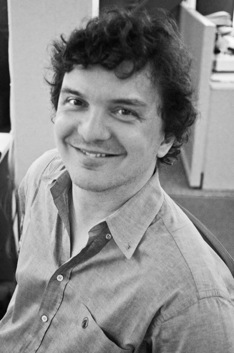This presentation is part of the WikiSym + OpenSym 2013 program.
Brian Keegan
Despite the amount of 9/11-related content and enthusiasm with which current news events were promoted on the Wikipedia homepage, the role of this content in the project raised complex questions about the identity and boundaries of the project itself. The outcomes of these debates influenced policies about Wikipedia’s approaches to covering current news events and the types of content it would permit to be included. The scale of editors’ response to the 9/11 attacks motivated the development of policies that served to explicitly demarcate the boundaries of Wikipedia’s encyclopedic identity as distinct from a news source or a memorial site. These initiatives reveal tensions as the community negotiated the role and scope of current news events.
A PDF file will be made available on August 5, 2013, through the WikiSym + OpenSym 2013 conference proceedings.








